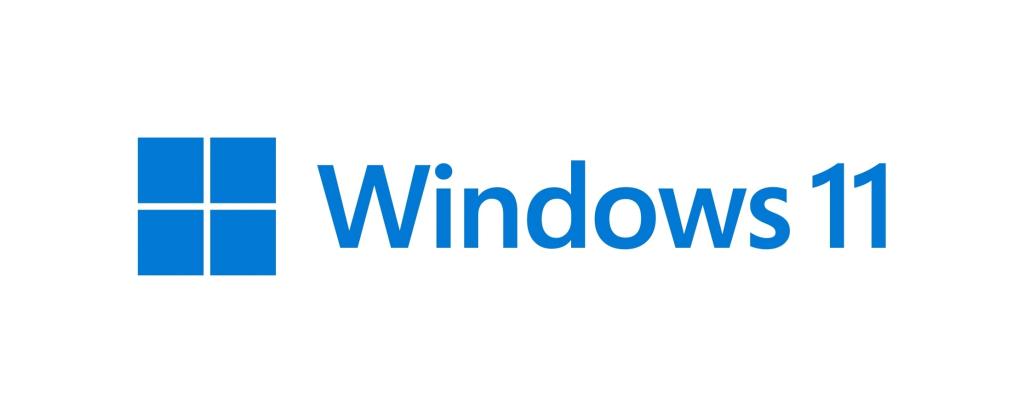
IT departments are the backbone of so many businesses. Whether it’s a glitch in a processing system or emails going awry, the masterminds in tech support are often the unsung heroes who swoop in with poise to fix whatever problem arises — even if the solution is simply to turn your laptop off and back on.
However, as the average-Joe worker becomes tech-savvy and the tech used daily becomes more reliable and efficient, will IT departments become a thing of the past? Given that a considerable chunk of the population has worked from home for the last two years, the traditional in-house IT department is bound to get a makeover as our work lives evolve.
[related_content first=”1786352″]
According to Andy Malakooti, Commercial Category Lead, DPSS at Microsoft Australia & New Zealand, the most common calls IT departments receive pertain to security matters, including password lockouts.
“Password resets and account lockouts are common calls to IT, taking up valuable time from growing and developing the IT capabilities of the business,” said Malakooti. Because of this, many modern devices (like the latest Windows 11 range) allow users to go completely passwordless and utilise Windows Hello (biometric sign-in) instead.
Think about it — how much time would you have saved in your work-life over the years if you could log into a system with only a face scan?
“It’s a faster method of logging into the device, corporate resources and websites, all without the need of a password.”
Malakooti also recommended that businesses should seek to update their systems regularly to minimise regular ‘crashes’ and ease up the need for IT help.
“Modernising commercial devices is a major step that can improve reliability, security, and compatibility in their day-to-day,” said Malakooti, on how offices can improve their efficiency without waiting on the saving hand from IT.
“Utilising the latest processors from chip partners such as Intel and their vPro platform, we see improved performance and greater battery life to support hybrid workers and the ability to see device health and provide support remotely via the cloud.”
Malakooti also noted that the widespread use of cloud technology would make it easier for businesses to provide tech support remotely.
While these updates to modern devices do sound promising, they’re probably not going to replace the need for IT experts altogether. After all, as business practices change, the need for new devices and software will too. Although workers are becoming more tech-savvy, it’d be pretty impossible to find an entire staff who are experts in their job and the devices they’re using.
Malakooti noted that the easiest way to create ease for all staff as these needs evolve is to maintain app compatibility amongst devices.
“This way, IT departments can continue to use their existing management tools to deploy updates,” Malakooti said.
*This feature is available on certain Windows 11 devices.
